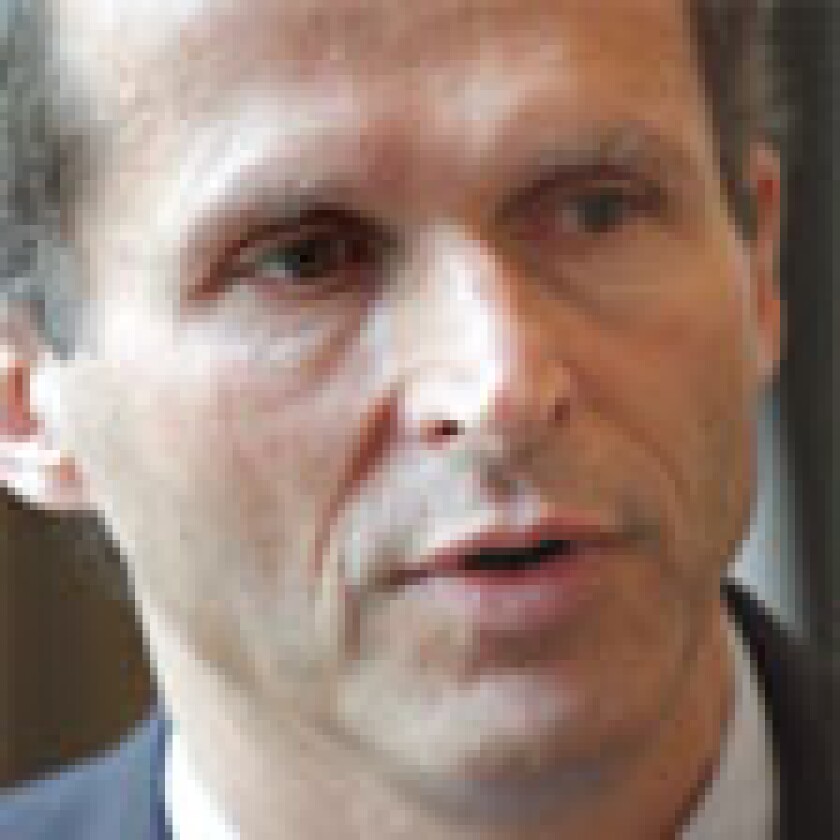Larger government spending cuts in western Europe in the wake of the Greek debt crisis threaten to derail eastern Europe’s fragile economic recovery, experts have warned.
Erik Berglof, chief economist at the EBRD, told Emerging Markets that slow growth in western Europe would be “further exacerbated” by public spending cuts.
“[This] will cause credit constraints and rising unemployment, which will undermine domestic consumption and growth in eastern Europe,” he said yesterday.
“It is too early to tell if this causes another recession – but it’s clearly possible. In all, it means growth will be more anaemic for emerging Europe and Western Europe as a whole.”
The Greek debt crisis has piled on pressure for tough austerity measures in the European Union to placate markets, said Jeffrey Anderson, director of the European department at the Institute of International Finance.
“We are now going to see a rigorous fiscal adjustment – not just in periphery but the core of the eurozone – due to market pressures. This is a significant threat to central and eastern European exports,” he said.
Spain – seen as vulnerable to the fiscal turbulence that shook Greece – took markets by surprise on Wednesday by announcing aggressive government spending cuts. The country will hike taxes and cut public sector wages by 5%. Portugal and the UK are also poised for big cuts in the coming months.
The EBRD will tomorrow publish its updated growth figures for the 2010 fiscal year. In January, the EBRD predicted eastern Europe and the former communist bloc would grow 3.3% this year.
Berglof said the new regional growth forecast would be “slightly” higher as stronger-than-expected growth in Poland, Russia and Turkey – driven by a rebound in exports and capital inflows – will offset the impact weaker-than-expected growth in the Baltics and the impact of Western European fiscal retrenchment. “It’s a slow recovery and a heterogeneous recovery in the region,” he said.
Anderson said the euro’s weakness would reduce foreign direct investment (FDI) in Hungary, Poland, Czech Republic and Slovakia. “Eurozone producers are benefiting from the weakness of the euro and this will reduce cost pressures but work to the disadvantage of FDI flows into northern Central Eastern Europe.”
On Wednesday official figures showed that the eurozone economy grew 0.2% in the first quarter of the year, compared with the US’s 0.8%.
Anderson said the positive outturn was an inevitable upswing from the sharp contraction of last year but warned that a broader recovery had failed to gain momentum due to weak consumer demand.
Mark Allen, the IMF’s senior representative for central and eastern Europe, told Emerging Markets that “growth is fragile in eastern Europe and economic recovery is contingent in core Europe. We are banking on eurozone growth this year, hoping growth in Germany will be strong”.
